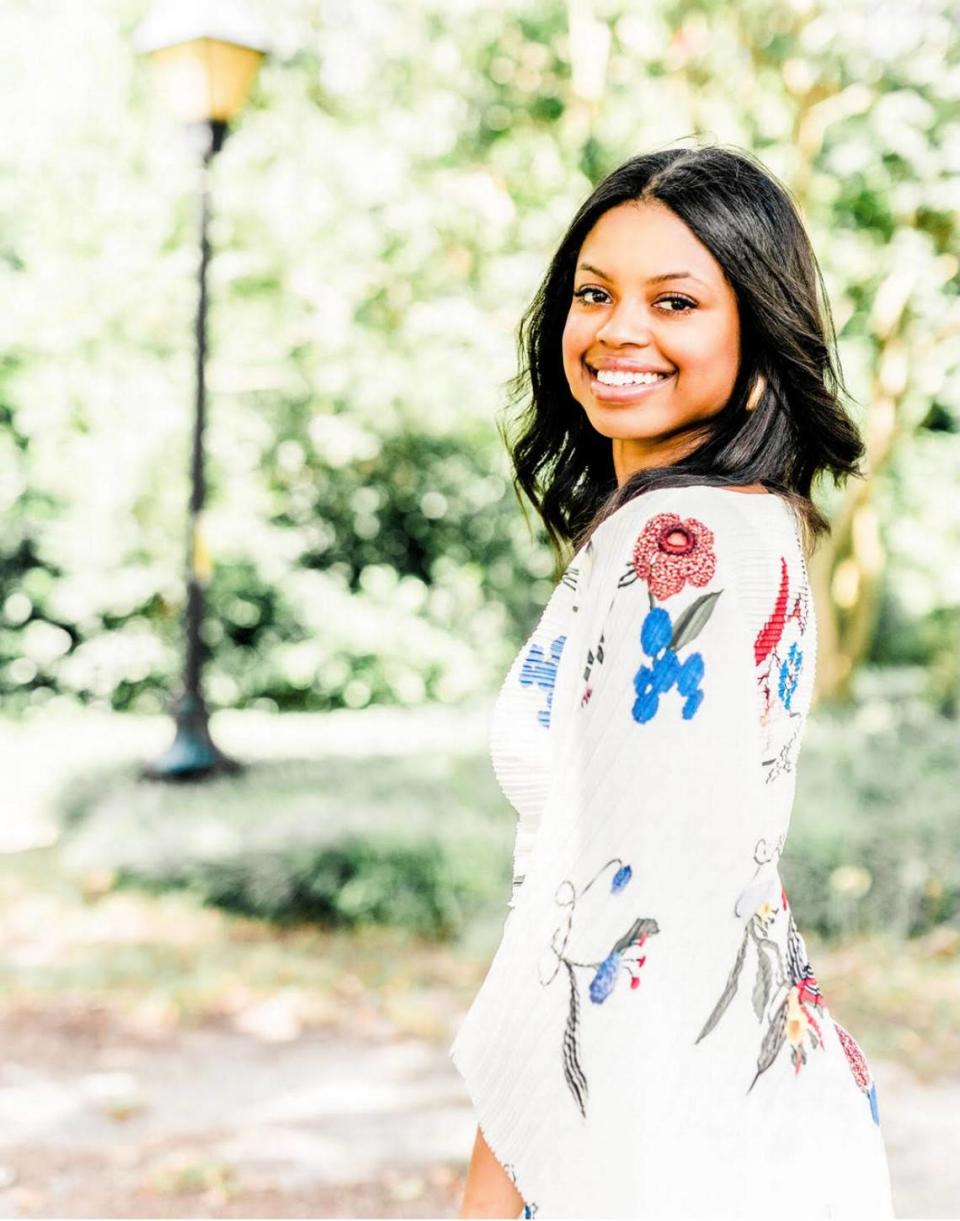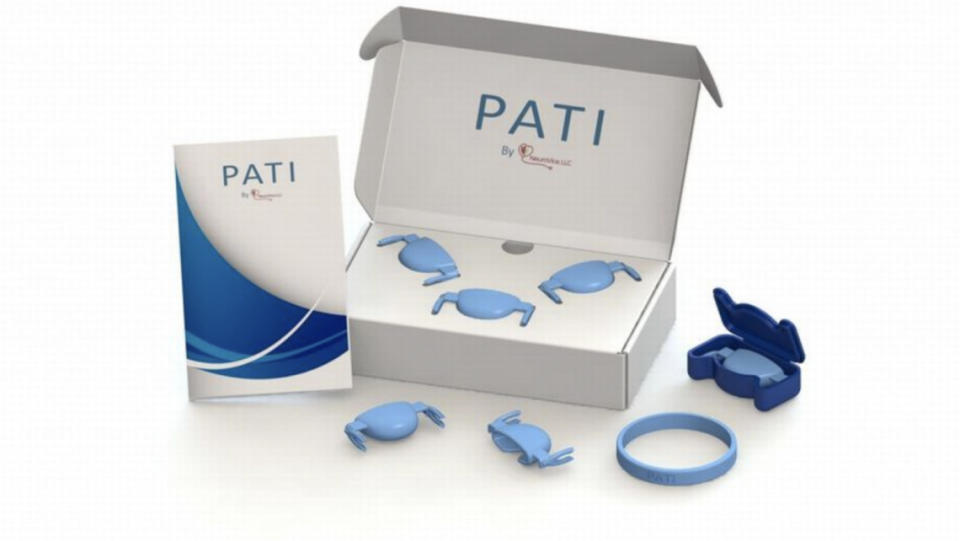Cary woman pitches startup to NBA legend Charles Barkley. Here’s what happened next.
In 2019, then 27-year-old Ashlyn Sanders was sitting at home on her couch in Cary, watching Season 10 of ABC’s hit reality TV investment show “Shark Tank.”
The episode featured NBA star and television analyst Charles Barkley as the guest “Shark,” sitting next to billionaire Mark Cuban on a panel of venture capitalists, fielding pitches from startups in search of funding.
Sanders, a fledgling business founder, began to wonder.
Spurred by her own experiences with a seizure disorder, her medtech startup, NeuroVice, had developed a single-use, disposable oral device called PATI (protector against tongue injury). She’d just graduated from Duke University with a master’s degree in bioethics and health policy. And, like those appearing on the show, she needed seed capital.
So, on a whim, she wrote the famous basketball player, asking for a chance to give her five-minute pitch. She sent the letter — signed, sealed and addressed to him — by “snail mail” to his network, TNT.
To her shock, someone passed it along. “He wrote back,” she recalled.
‘I was very nervous when I pitched’
Soon, Sanders was traveling down to Atlanta to make her case in person before Barkley and his team of advisers.
“I was very nervous when I pitched,” she said. “It was very formal, lots of questions. Obviously, as an investor, he was concerned about bottom line.”
But she managed to win him over. (Barkley is well known as an angel investor. In 2017, he pledged $1 million to fund Alabama black women’s tech startups.)
“A few months later, I got the call he would invest,” said Sanders, now 31 and a third-year medical student specializing in pediatric neuro-oncology at Wake Forest University School of Medicine.
At the time, Barkley called Sanders’ plan one of the “most professional and charismatic” that he’d seen. “I wanted to do my part in ensuring her success,” he said in an email statement to WRAL TechWire in 2020.

Sanders won’t disclose the sum, but said it was enough to see her through the product’s development phase. Eventually, she raised over $2 million from grants and other family-and-friends rounds, paving the way for clinical development at the Morrisville-based medical device design and manufacturing company, Gilero.
Flash forward to today: The device recently received FDA approval for use in patients 12 years and older with seizure disorders, including epilepsy.
Now, Sanders, who is the daughter of N.C. Commerce Secretary Machelle Baker Sanders, is hoping to scale quickly and sell the company to a medical device or pharmaceutical company.
Looking ahead to 2024, “we’re ready for a full-scale commercial launch,” she told The N&O.
A personal journey
An estimated 3.4 million people have epilepsy, or seizure disorder, in the United States. Symptoms include uncontrollable twitching, which can often cause oral injuries.
Sanders knows the challenges firsthand.
In 2014, shortly after starting graduate school, she was diagnosed with a Chiari malformation, a condition in which brain tissue extends into the spinal canal and which requires emergency brain surgery. To this day, she said, she still lives with the residual neurological effects, which include seizures.
To protect the tongue, she created PATI.

How it works is simple: Before sleep or the onset of an “aura,” often described as the beginning of a seizure, the patient inserts the protective device into the mouth, preventing injury to the tongue during an episode.
After the seizure, the patient removes the device, discards it and restocks.
Alternatively, she said, paramedics can also use the device at the scene of an emergency.
It’s already being used in several outpatient clinics across the country, including Wake Forest’s Atrium Health, Boston Children’s Hospital and the University of Virginia Medical Center.
‘The device has the potential to be a billion-dollar product,” Sanders said. “It will change seizure symptom management for millions of patients.”


